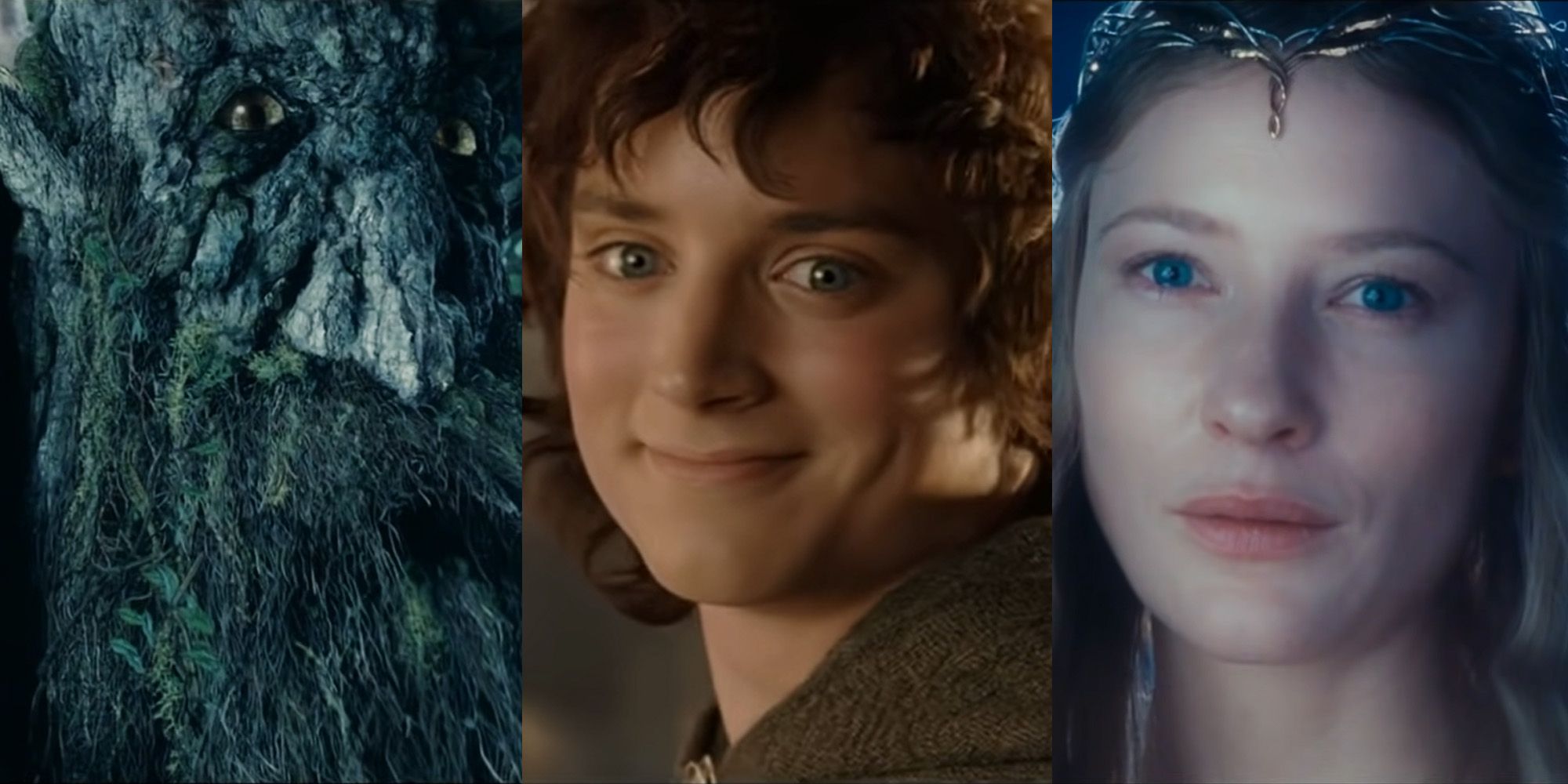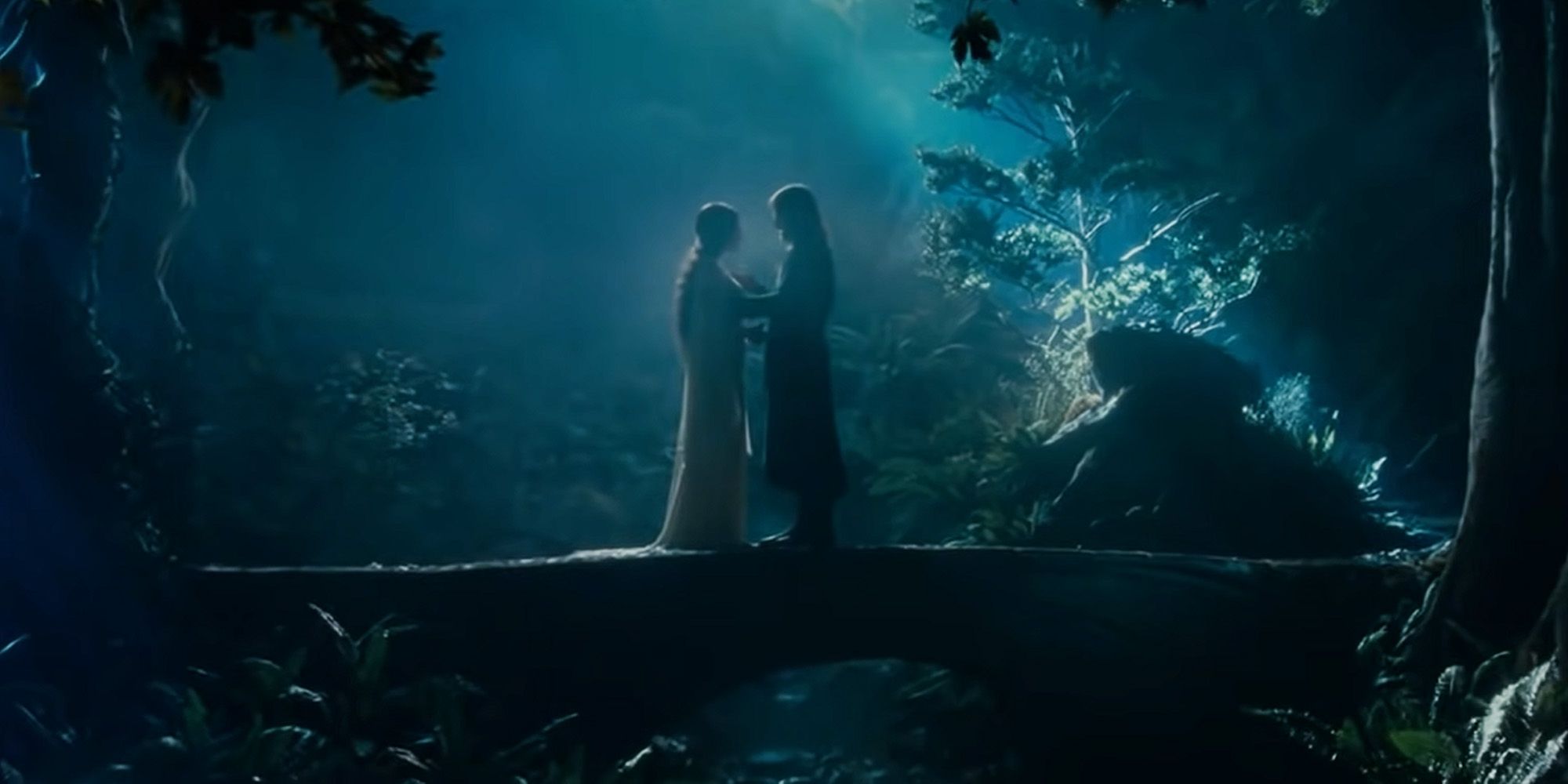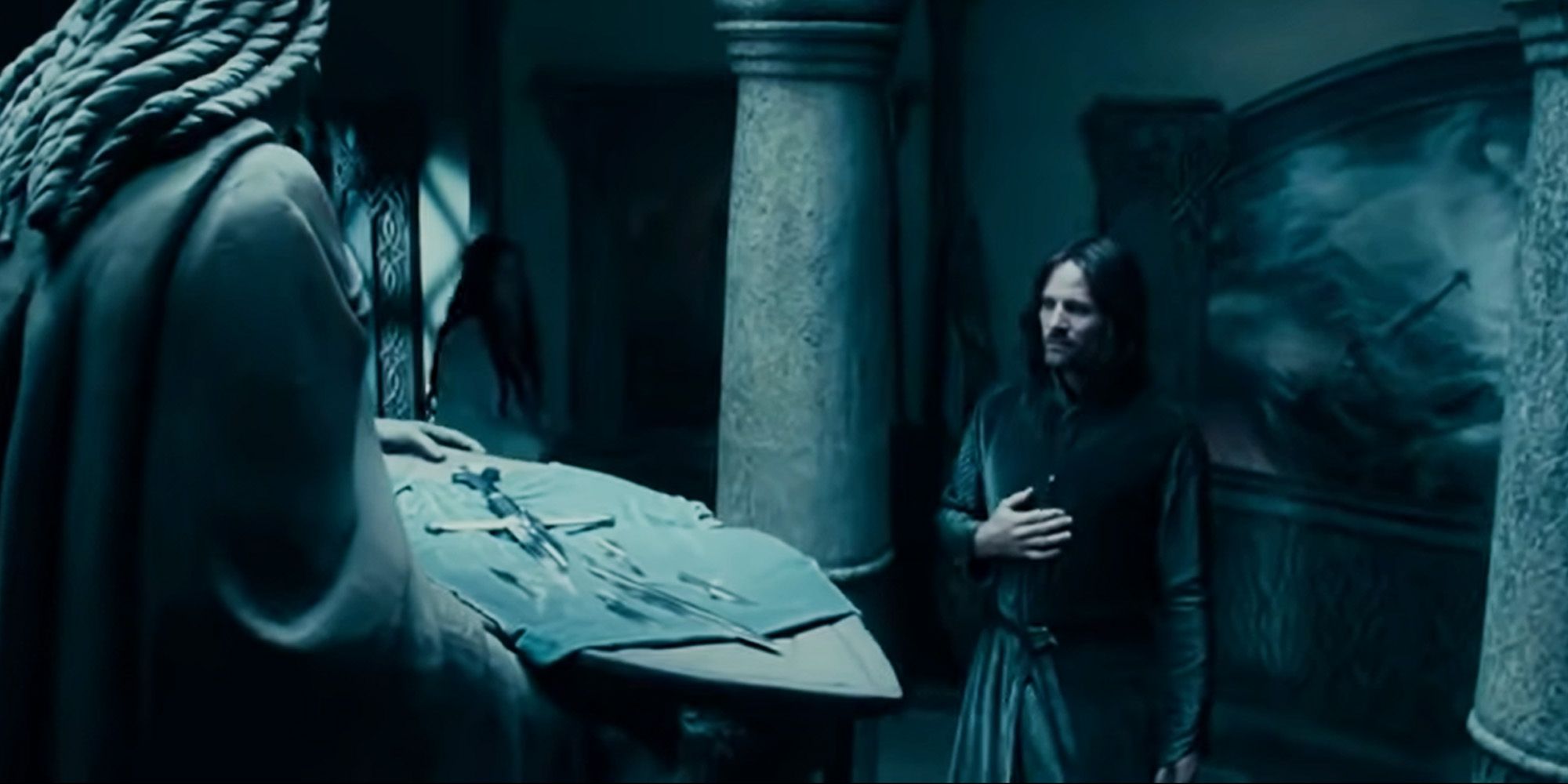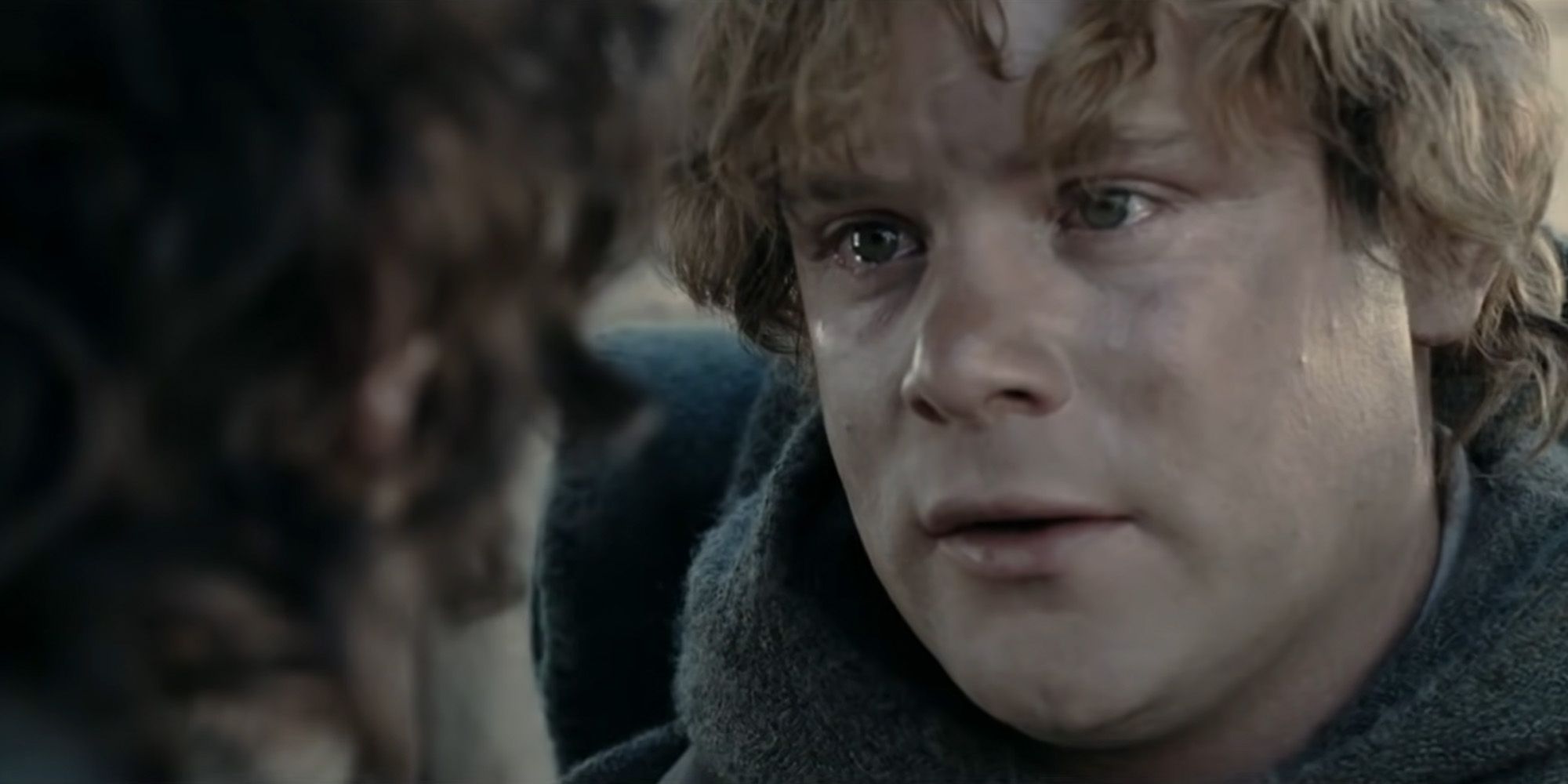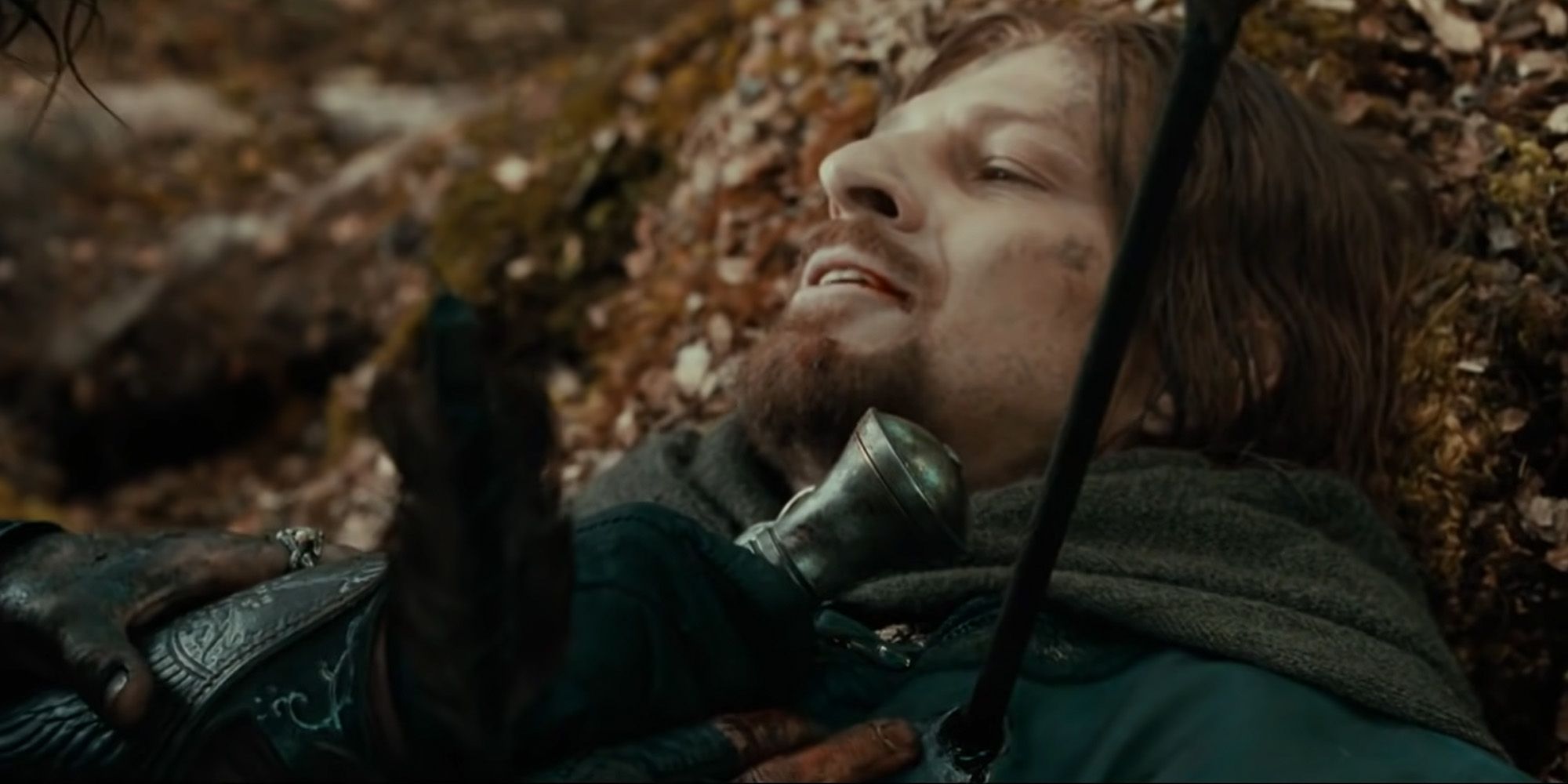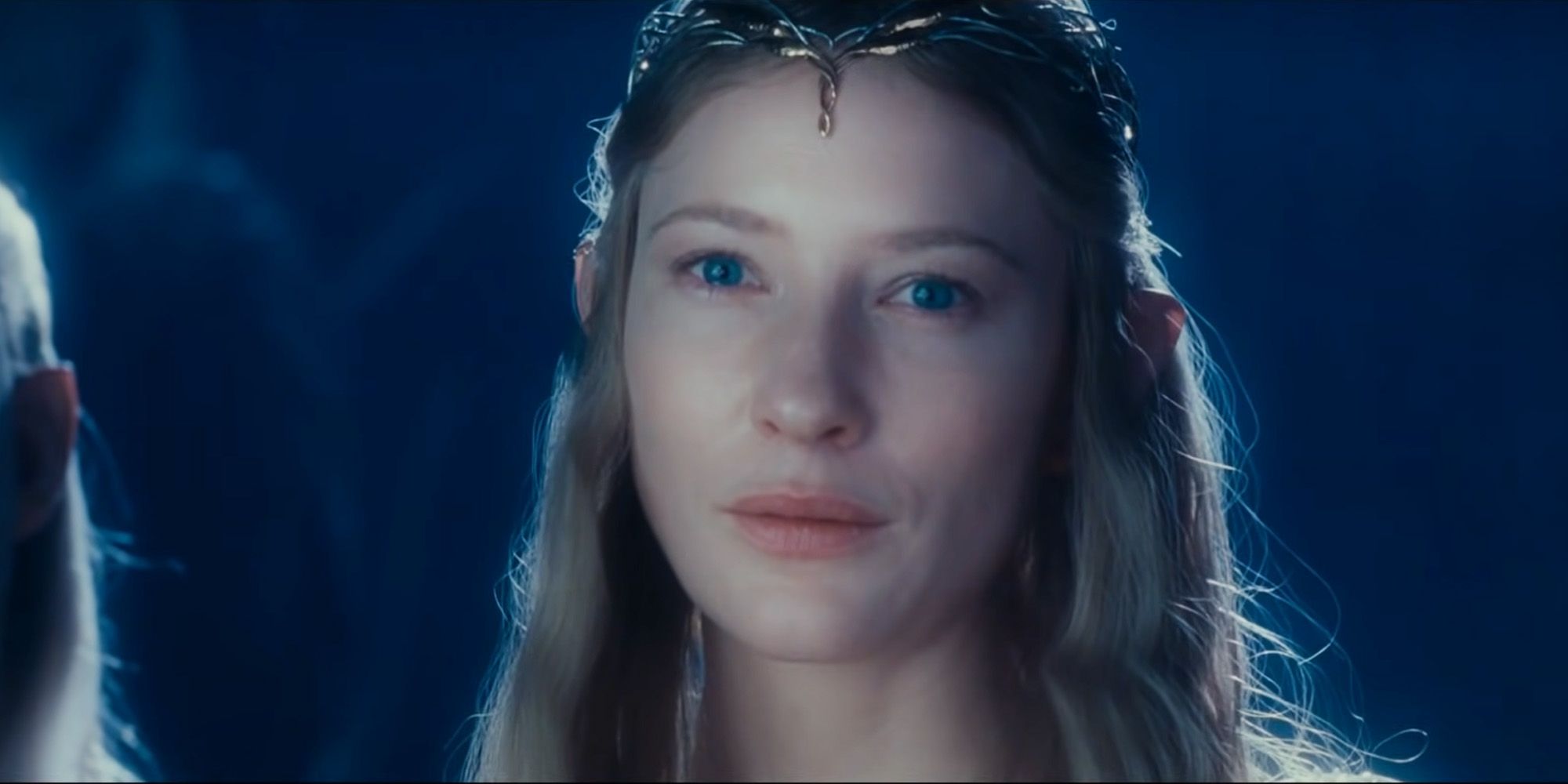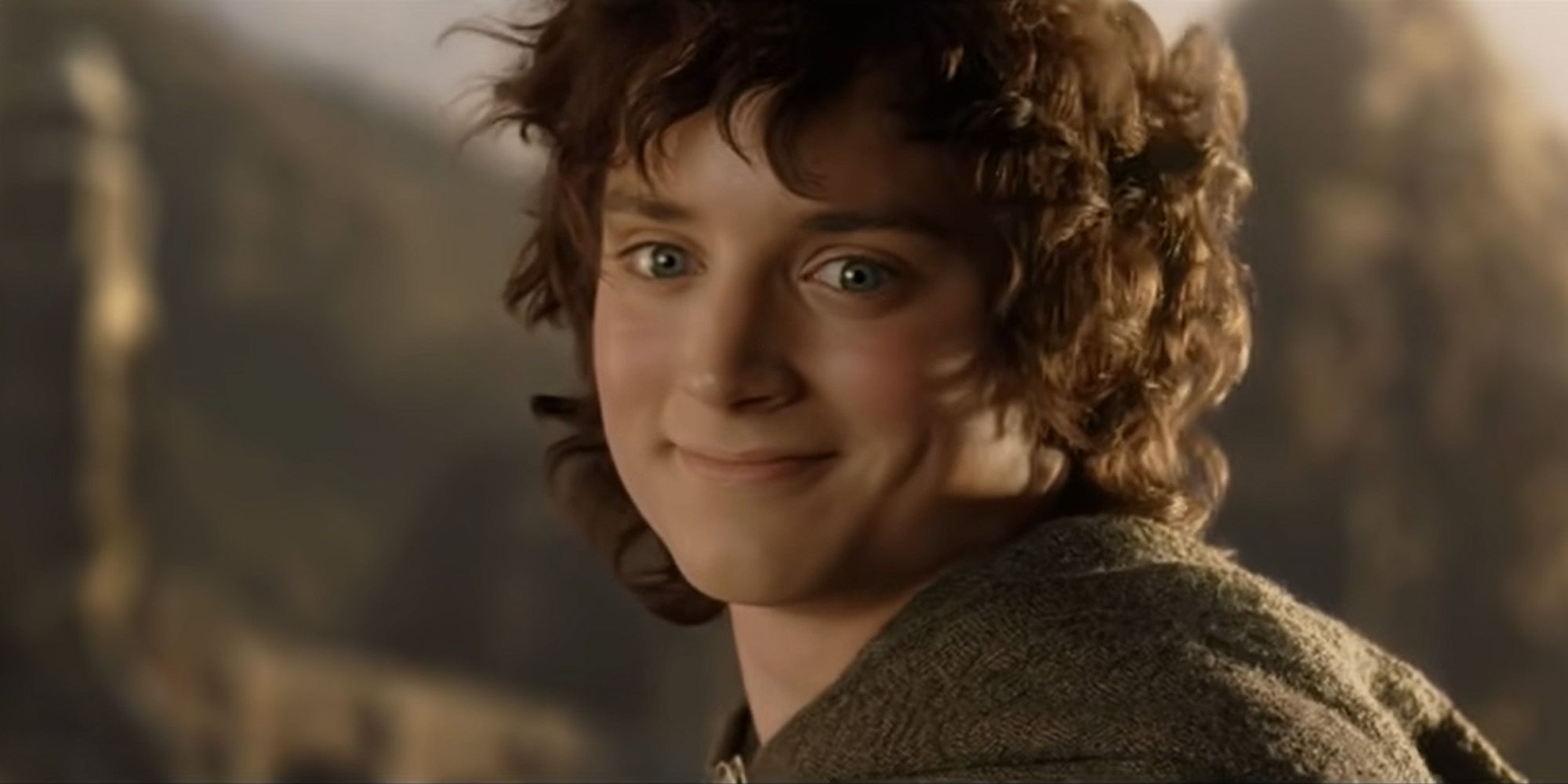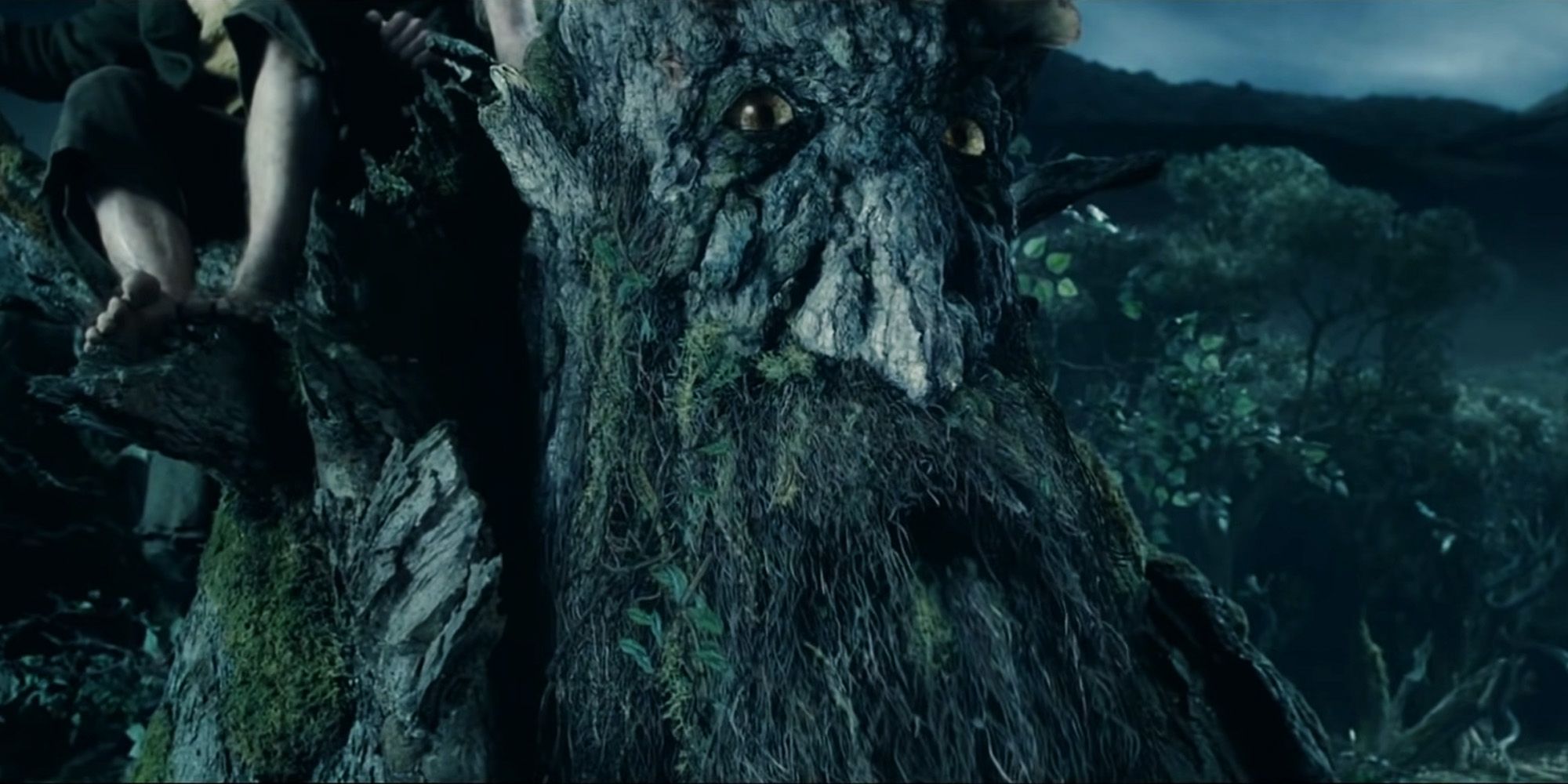Amazon’s fast-approaching The Lord of the Rings: The Rings of Power has sparked excitement and intrigue from long-time Tolkien book fans and casual film fans alike. With every new trailer, cast interview, and nugget of detail about the plot and course of the show, though, Amazon seems to be taking an unexpected path with their adaptation of J.R.R. Tolkien’s work.
The new series has no obligation to adhere to Peter Jackson’s award-winning trilogy’s take on Tolkien. However, there are many themes Jackson’s movies excelled at that Amazon should remember and, if possible, expound upon, as well as aspects of the books deserving attention.
The PG-13 Rating
The team behind Rings of Power should remember that even though their series doesn’t have to abide by network television’s censoring, Rings of Power should remain family friendly. Lord of the Rings is fantasy like HBO’s Game of Thrones, but the tones of both works are vastly different. While GoT happily explores dark and adult themes, Lord of the Rings expressly avoids sexualizing its characters and excessive blood and gore.
In the entire run time of the LOTR trilogy, only one character is even shown without a shirt – Frodo in Return of the King. Tolkien’s characters aren’t immune to lust and romance, but the story began as a children’s book and is not just another fantasy setting.
Honoring Middle-Earth’s History
The adage “Those who cannot learn from history are doomed to repeat it” resonates well with Tolkien’s world. Rings of Power’s recent trailers suggest that, akin to The Last Jedi, that abandoning the past is the path at least some of their characters seek to follow. All of Tolkien’s books are filled with hymns and poetry immortalizing figures of the past. Aragorn’s journey in LoTR is about remembering the flaws of his ancestors and vowing to do better.
Sauron is such a threat to the free peoples of Middle-Earth in part because they have forgotten how terrifying he once was and can be again. Should Rings of Power’s heroes entertain forgetting history, it would be deeply at odds with Tolkien’s messages of heeding the past’s failures and warnings.
Hopefulness and Optimism
Not all fantasy is grim-dark dystopia, solely focused on fantastical armies and war. Tolkien filled his characters with hope for the future, naming Aragorn “Estel,” in Elvish, which translates to “Hope.” The books and films are not short on rousing speeches, many by kings on the battlefield to their war-weary troops.
One of the most famous monologues of the films is Sam’s speech to Frodo in The Two Towers. When a hopeless Frodo doubts the success of their journey and wonders what they have left to hold onto, Sam famously replies, “That there is some good in this world, Mr. Frodo, and it’s worth fighting for.”
The Sincerity of the Cast
Jackson’s films have very few outright jokes, quite a few of them (especially in the extended edition) don’t land. Most moments of levity are carried by Merry and Pippin. None break the immersion of the story. When many modern movies poke fun at their genres and undercut heavy scenes with ill-timed humor, the LOTR trilogy is unrelentingly sincere.
Its characters cry and mourn, eager and earnest in all their actions and behaviors. They poke fun at each other but never their genre, never robbing tear-jerking scenes of their weight with quips or slapstick. In the age of Marvel movies filled with sarcastically quippy characters and Disney being tongue-in-cheek with their sequels and remakes, LOTR cannot lose its sincerity, or it won’t be Tolkien anymore.
The Treatment of Its Female Characters
The ever-controversial “Strong Female Character” has once again sparked hot debate concerning the treatment of Galadriel. Loyal fans of the original books point out that though Tolkien’s female characters number few, they are some of the strongest in Tolkien’s world. Galadriel is strong through her grace, femininity, wisdom, and political tact, not because she can swing a sword like the best of Men.
Rings of Power, based on its teasers, seems to say that the greatest strength worth counting is physical prowess on the battlefield. Tolkien already has a character that fits that role: Eowyn, who famously slayed the unkillable witch-king because, quote, “I am no man.”
The Importance of Hobbits
“Even the smallest person can change the course of the future,” a quote attributed to Tolkien. Frodo is the protagonist of LOTR, not Aragorn, the long-lost king. Aragorn, Legolas, and Gimli’s efforts at the heart of the battles in Middle-Earth are crucial to the survival of Men, but without Frodo and Sam’s quest to destroy the ring, there would be no more Middle-Earth to save.
Frodo is immune to the ring because he wants not for power, where every other character seemingly more capable would fall to temptation. Gandalf and Galadriel would have their strength turned sour and even the good-willed Aragorn feared corruption. Say nothing of the strength of will of Sam, Merry, and Pippin, who all bow to no one.
Tolkien Is Mythology, Not Allegory
Fans and scholars of Tolkien’s books know well that the author famously despised allegory. Though his stories were drawn in part in life experience, Tolkien did not want readers to take away such simple parallels as the Orcs representing any particular group of real-life people, for example. Tolkien wanted a timeless mythology for the English people removed from the troubles of real-world life.
Interviews insisting that Rings of Power should reflect modern times, then, is starkly at odds with Tolkien’s wishes and the purposes of the books. Fantasy is escapism and LOTR is, specifically, an English mythology for English people. To fill it with modern politics is a disservice to the author whose history and life’s work is beloved by so many.

